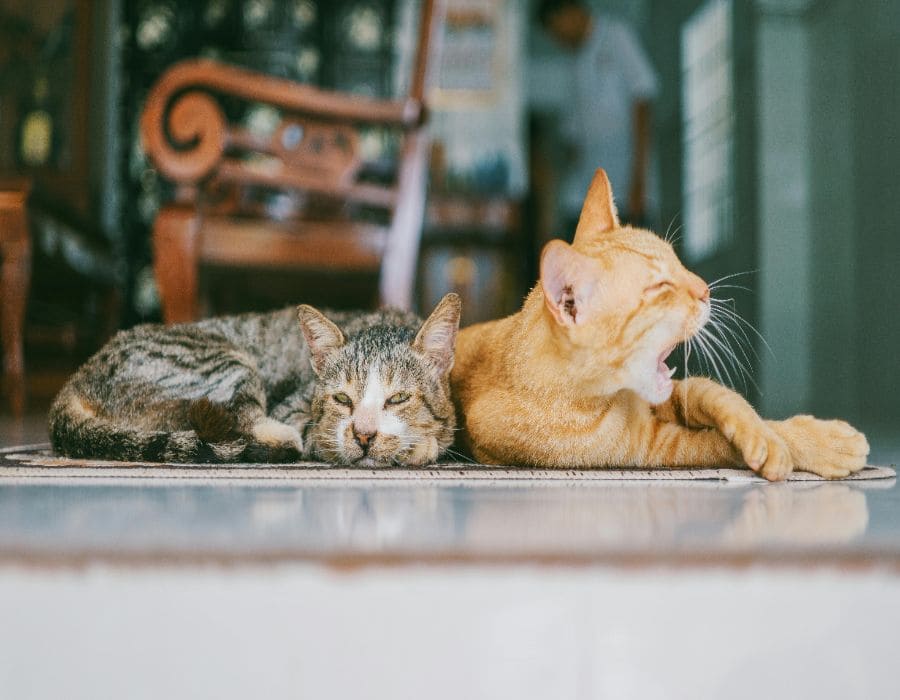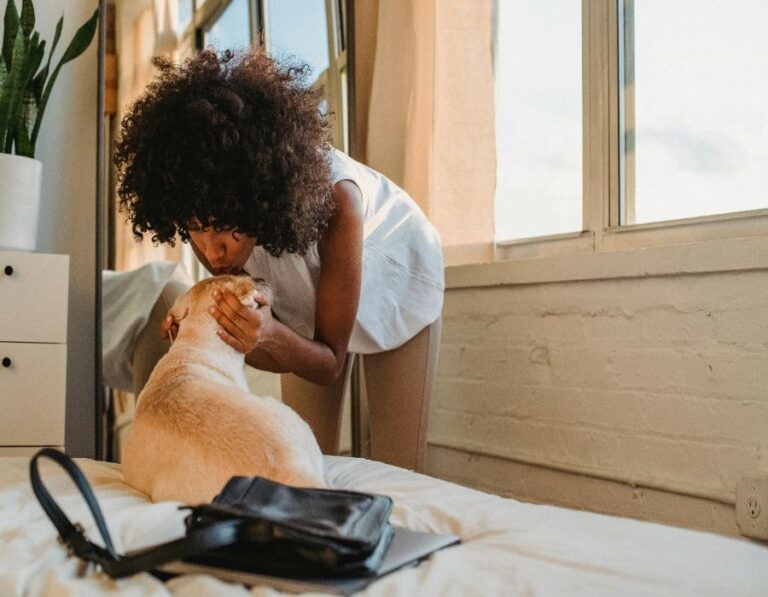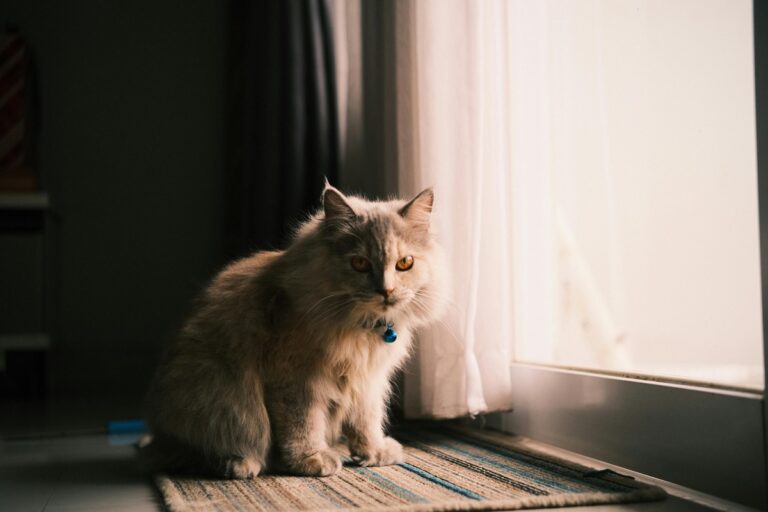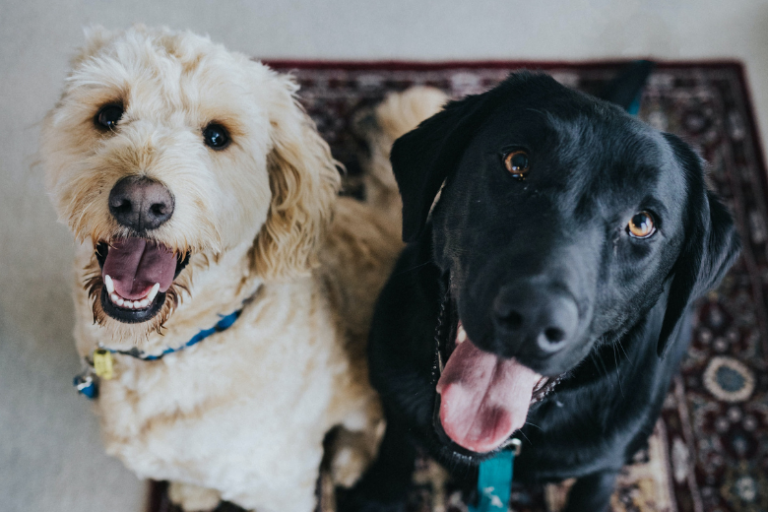10 Signs Your Cat Isn’t Feeling Well
Cats are known for their ability to hide pain and discomfort, making it difficult to tell when something is wrong. However, even the most independent cat will give you subtle signs when they aren’t feeling their best. As a responsible pet owner, it’s crucial to be able to identify these signs so you can take action early and ensure your feline friend gets the care they need. Here are 10 signs your cat isn’t feeling well that every cat owner should watch for.
Cats are creatures of habit, so when they start acting differently, it’s important to pay attention. Some changes in behavior or physical appearance can indicate an underlying health issue. If your cat exhibits any of the following signs, it may be time for a vet visit.
1. Changes in Appetite
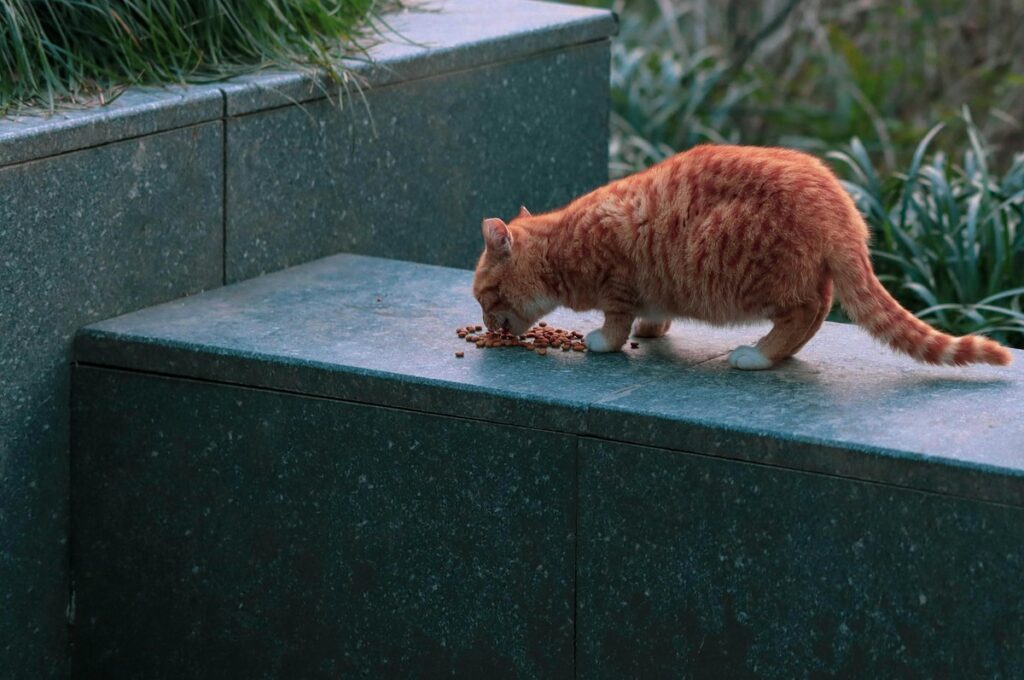
If your cat suddenly refuses to eat or shows a significant decrease in their appetite, it could be a sign of illness. Loss of appetite can be caused by various health issues, including oral problems, digestive disorders, or more serious conditions like kidney disease or diabetes. Alternatively, an increase in appetite could point to hyperthyroidism or other metabolic disorders.
2. Lethargy or Hiding
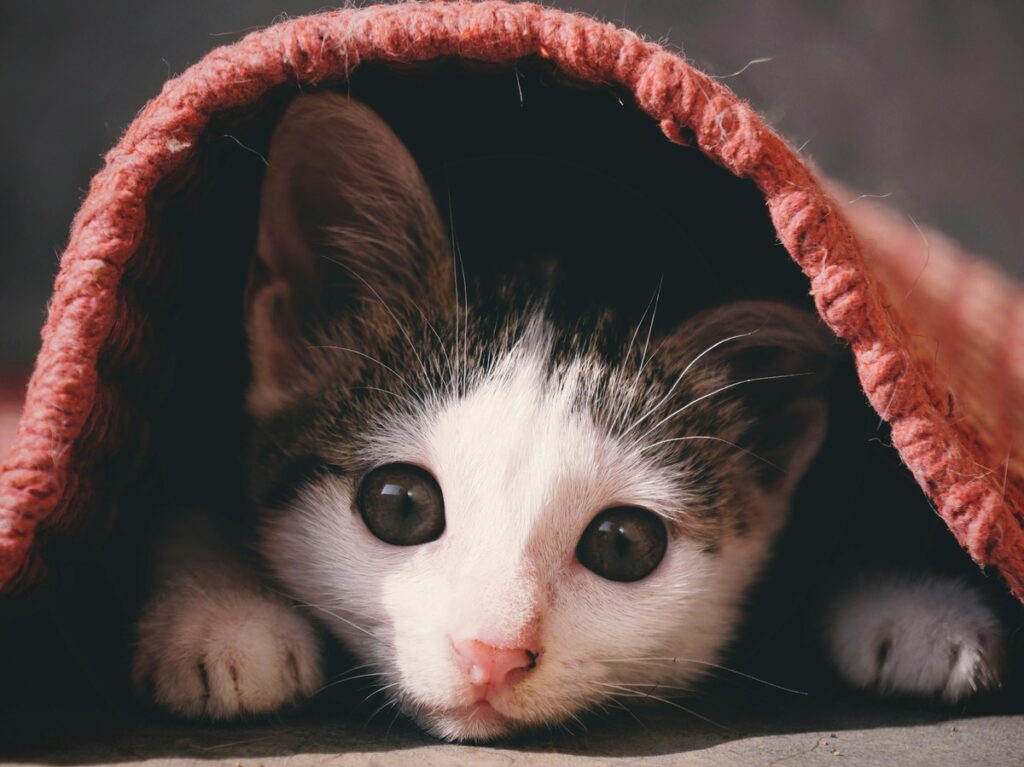
Cats are generally independent creatures, but if your cat suddenly becomes unusually tired or hides more than usual, it could be a red flag. Lethargy often indicates that your cat is feeling unwell, especially if it’s combined with other symptoms like poor appetite or lack of interest in playtime. Hiding in dark corners or under furniture is another common behavior when a cat isn’t feeling its best.
3. Excessive Grooming or Lack of Grooming
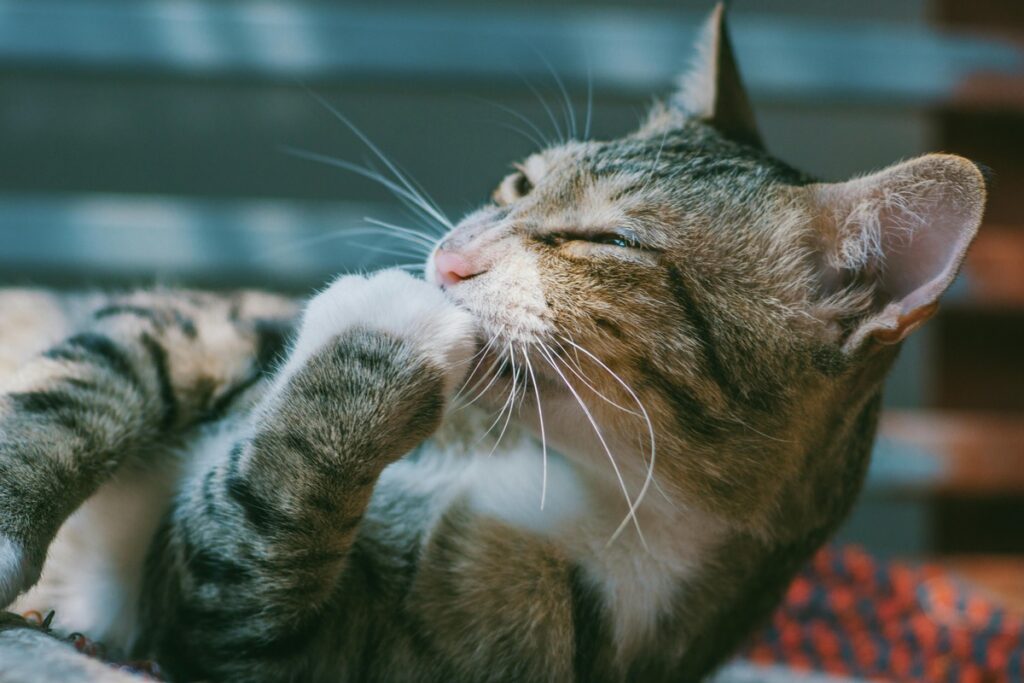
Grooming is a natural part of a cat’s routine, but if your cat starts grooming excessively, it might be a sign of stress, allergies, or skin conditions. On the other hand, if your cat stops grooming altogether, it could indicate pain (such as arthritis), depression, or more serious health issues. A lack of grooming can also cause mats in their fur, further irritating the skin.
4. Vomiting or Diarrhea
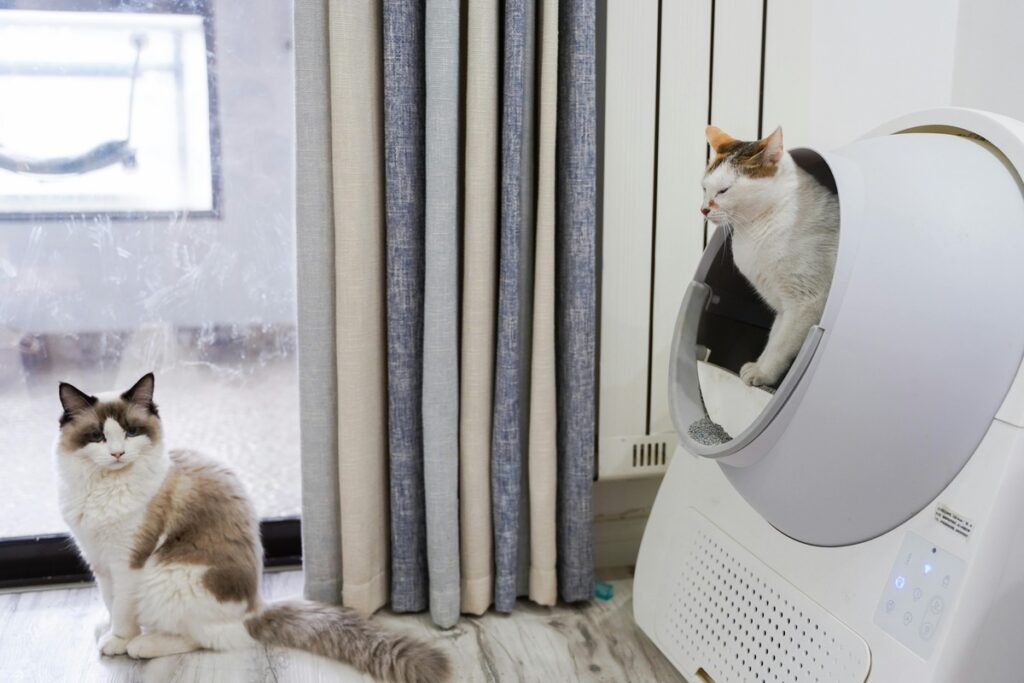
Occasional vomiting or mild diarrhea can happen from time to time, but if your cat experiences frequent vomiting or persistent diarrhea, it could indicate an underlying issue like a gastrointestinal infection, parasites, or intestinal blockages. In severe cases, these symptoms can also be related to liver or kidney disease, and they should not be ignored.
5. Difficulty Breathing or Coughing
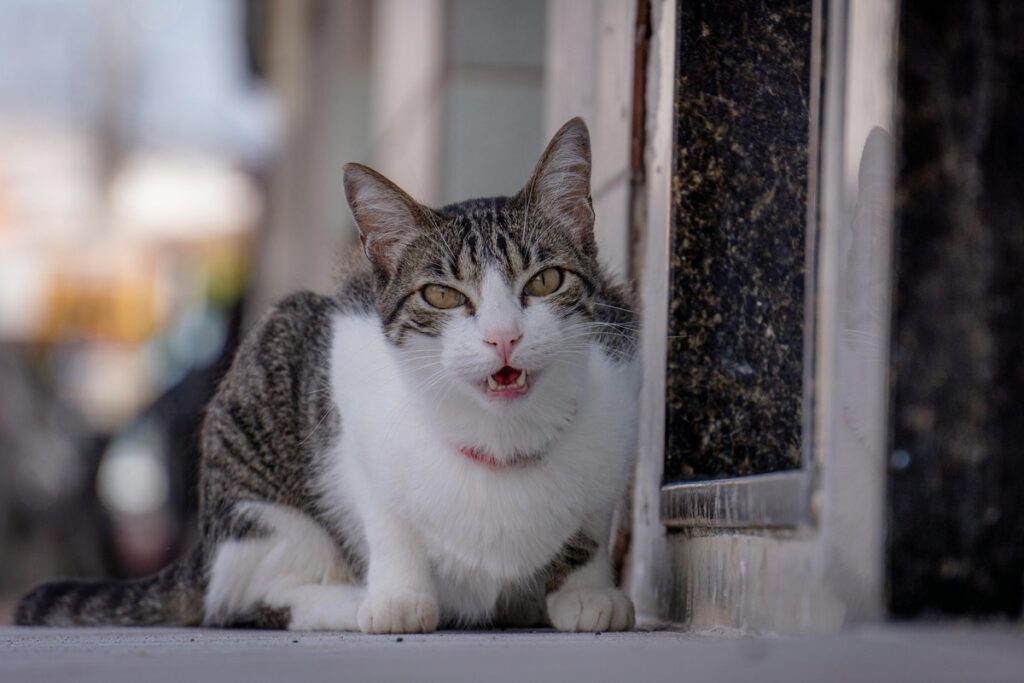
If your cat is coughing, wheezing, or showing signs of labored breathing, it’s essential to see a vet immediately. These signs could indicate respiratory issues such as asthma, bronchitis, or even a heart condition. Difficulty breathing can be particularly dangerous for cats, so it’s important not to wait if you notice any changes in their breathing patterns.
6. Changes in Bathroom Habits
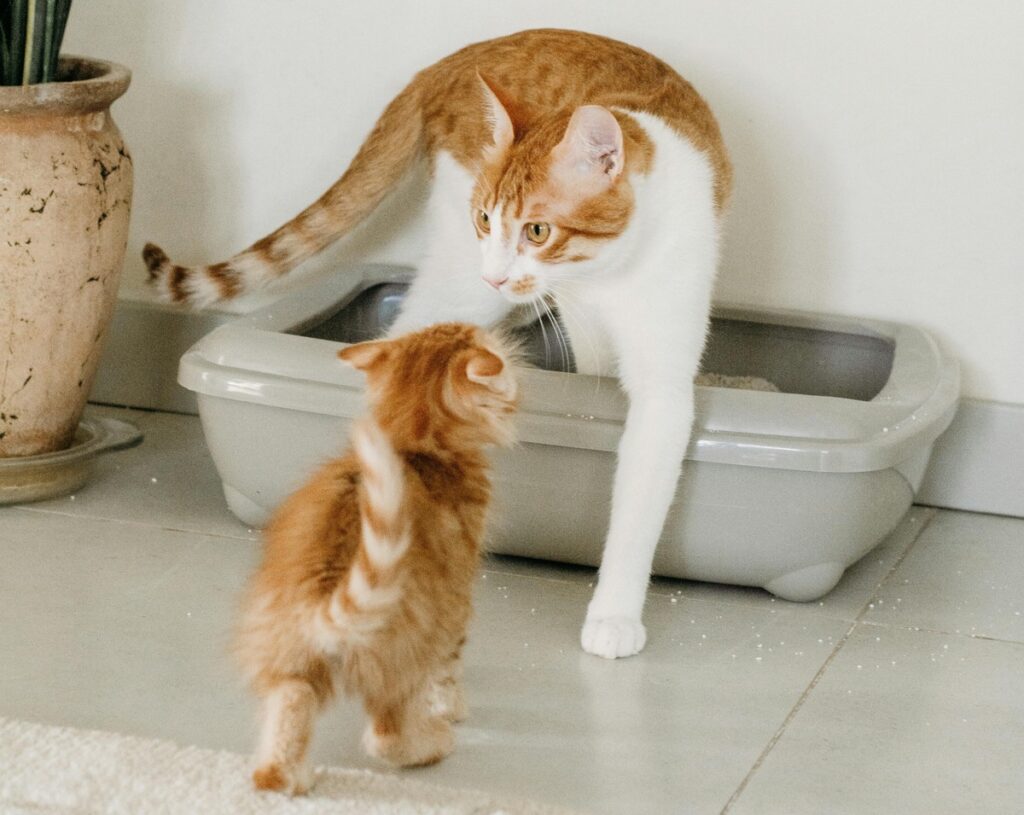
A cat that suddenly stops using its litter box or begins urinating outside of it could be experiencing a health problem. Frequent urination, straining to urinate, or blood in urine are also signs of potential issues like a urinary tract infection (UTI), bladder stones, or even kidney disease. If you notice any of these changes, it’s important to get your cat checked out as soon as possible.
7. Weight Loss or Weight Gain
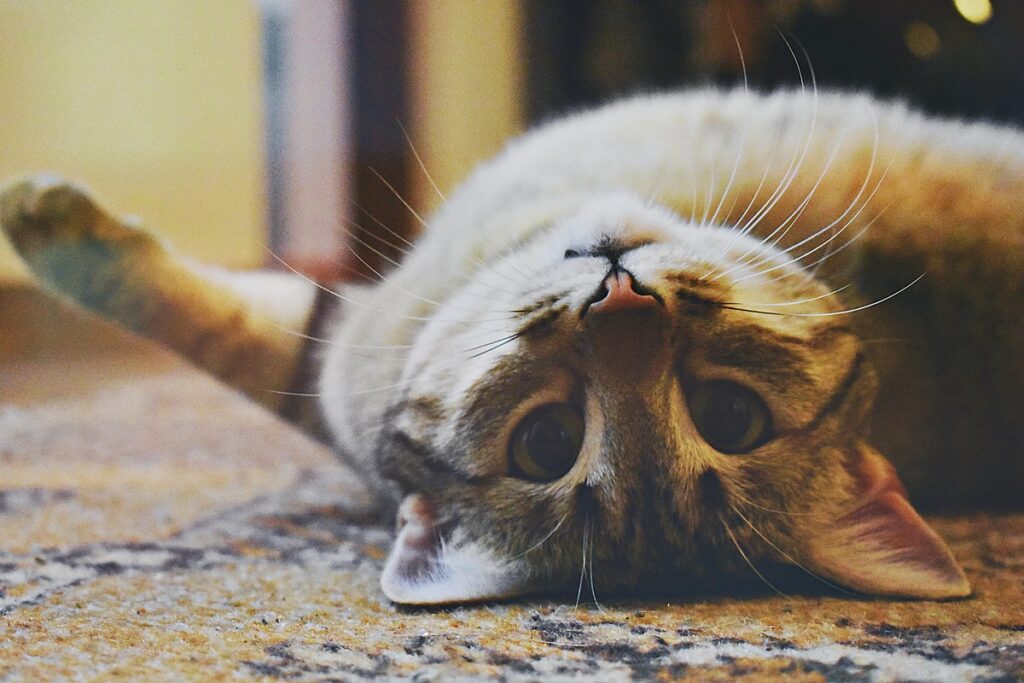
Significant changes in your cat’s weight, whether it’s weight loss or weight gain, should not be ignored. Weight loss could be due to underlying conditions like hyperthyroidism, cancer, or intestinal problems, while unexplained weight gain might indicate hypothyroidism or other metabolic conditions. Monitoring your cat’s weight is important, and any drastic changes should be discussed with your vet.
8. Bad Breath or Excessive Drooling
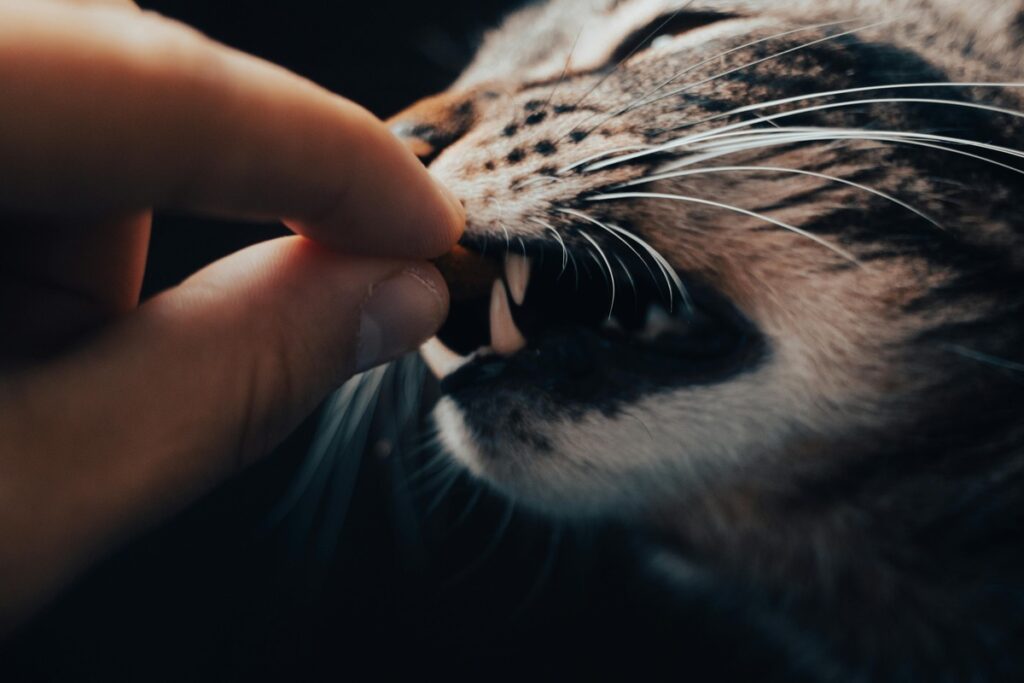
Bad breath or excessive drooling can be a sign of dental issues, such as gum disease, tooth decay, or oral infections. If your cat is drooling more than usual or has noticeably bad breath, it could be a sign that something is wrong in their mouth or digestive system. Early intervention can prevent more serious health problems from developing.
9. Behavioral Changes

If your cat is usually friendly but suddenly becomes aggressive or withdrawn, it could be a sign of pain or discomfort. Cats often change their behavior when they’re feeling unwell. This could also manifest as an increase in vocalization or being unusually clingy. Emotional distress or pain may make your cat more irritable, anxious, or distant.
10. Swollen Abdomen or Bloating
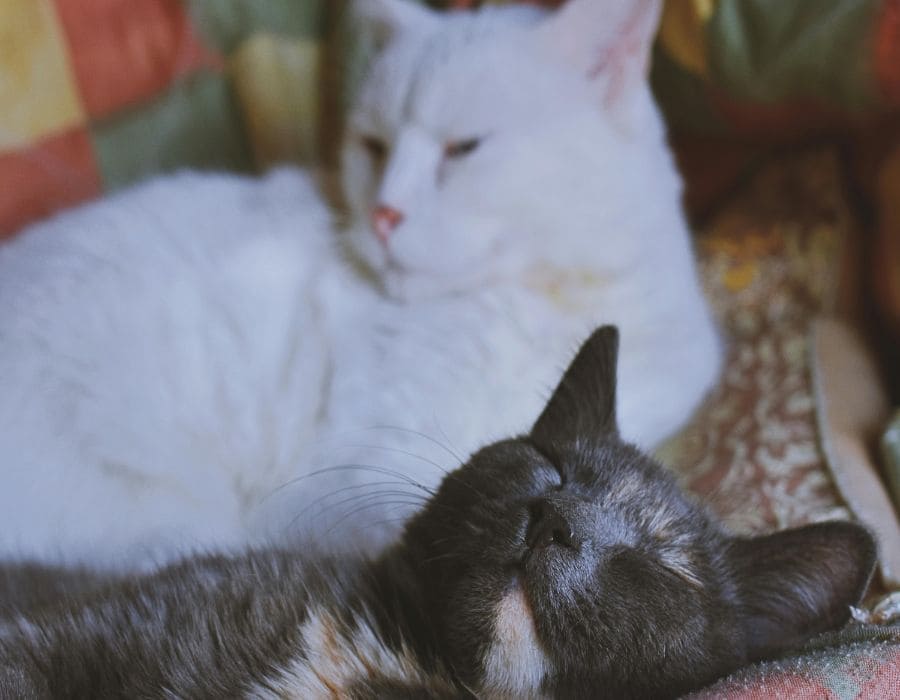
A swollen abdomen or signs of bloating in your cat can indicate serious conditions, such as fluid retention, tumors, or gastrointestinal problems. Bloating can be caused by intestinal blockages or even a life-threatening condition called gastric torsion. If your cat’s abdomen seems distended or they show signs of discomfort in their stomach area, it’s important to seek veterinary help immediately.
When to Seek Help
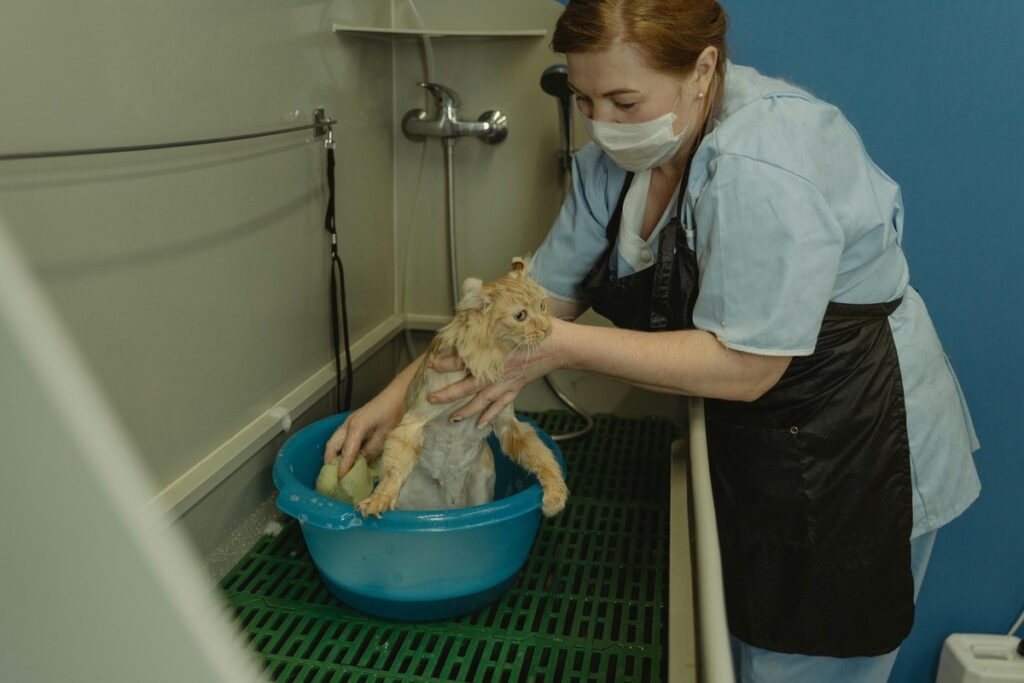
If you notice any of these signs in your cat, it’s crucial to seek professional help as soon as possible. Cats are experts at hiding their discomfort, so early intervention is key to ensuring your cat’s health and well-being. The sooner you address any behavioral or physical changes, the better the chances are for a full recovery. Always trust your instincts—if something seems off, don’t hesitate to consult your veterinarian.

